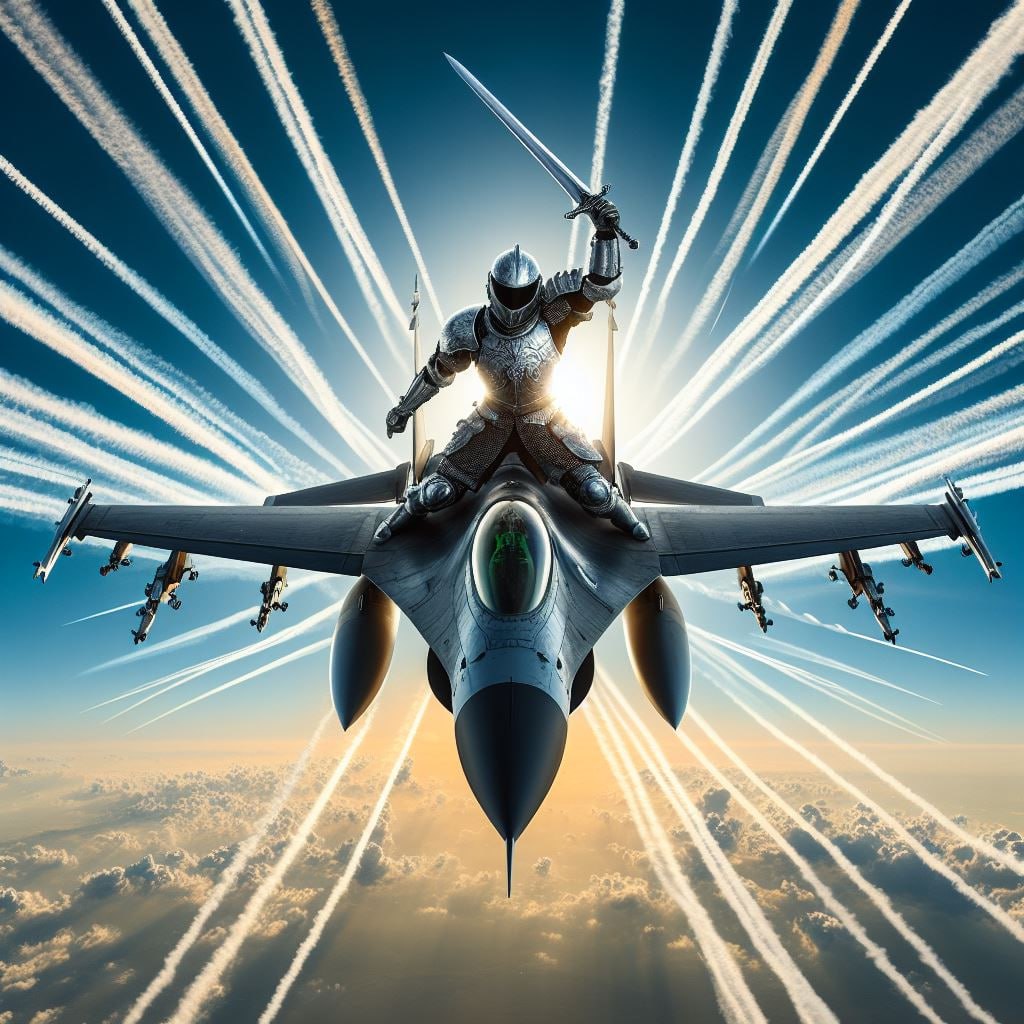The long-held status of the United States as the world’s dominant superpower is facing significant challenges in the 21st century. While the US still maintains considerable economic and military might, a complex interplay of factors is contributing to a shift towards a more multipolar world order.
Multiple Factors at Play:
Several key factors are driving this evolution:
1. Rise of Emerging Economies: The economic power of countries like China, India, and Brazil is rapidly growing, challenging the US’s dominance in global trade and finance.
2. Technological Advancements: Technological innovation is increasingly diffused across different nations, eroding the US’s technological edge in various sectors.
3. Geopolitical Shifts: The rise of regional powers, coupled with the emergence of new alliances and blocs, is altering the global political landscape and challenging US leadership.
4. Domestic Challenges: Internal political and social divisions within the US, as well as economic inequality, are impacting its ability to project power and influence abroad.
The New Multipolar World:
This confluence of factors is leading to the emergence of a multipolar world order, characterized by:
1. Shared Power: No single nation holds undisputed global dominance.
2. Regionalization: Power and influence are increasingly concentrated within regional blocs.
3. Interconnectedness: Global issues require collaboration and cooperation between various nations for effective solutions.
4. Uncertainty and Volatility: The multipolar world is inherently more dynamic and unpredictable, with potential for both conflict and cooperation.
US Adaptation and Response:
The US is faced with the challenge of adapting to this changing global landscape. Key strategies include:
1. Strengthening Domestic Resilience: Addressing internal challenges to enhance national competitiveness and global standing.
2. Building Strategic Partnerships: Collaborating with allies and partners to address shared concerns and maintain influence.
3. Embracing Multilateralism: Engaging in international institutions and seeking cooperative solutions to global challenges.
4. Investing in Innovation: Prioritizing research and development to maintain a technological edge in key areas.
The Future of Global Power:
The future of global power remains uncertain. The US will continue to play a significant role in the international arena, but its dominance is likely to diminish as other nations rise. The success of the US in adapting to the multipolar world will depend on its ability to address internal challenges, build strategic alliances, and embrace multilateralism.
It is crucial to remember that the concept of “dominant superpower” is inherently subjective and multifaceted. While the US may no longer hold exclusive global dominance, its influence and impact across various spheres remain significant. The world is entering a new era of shared power and interconnectedness, requiring collaboration and cooperation to address global challenges and ensure a stable and prosperous future for all.
Shayne Heffernan









